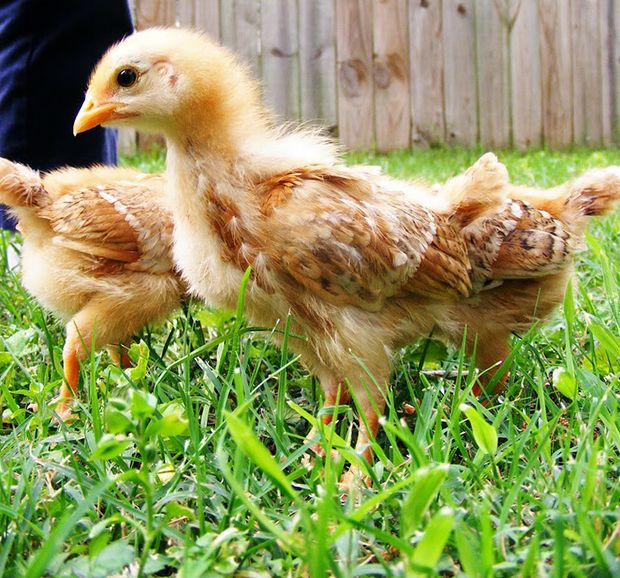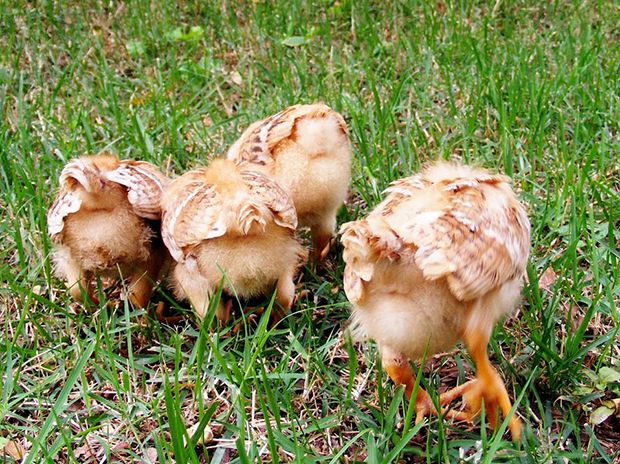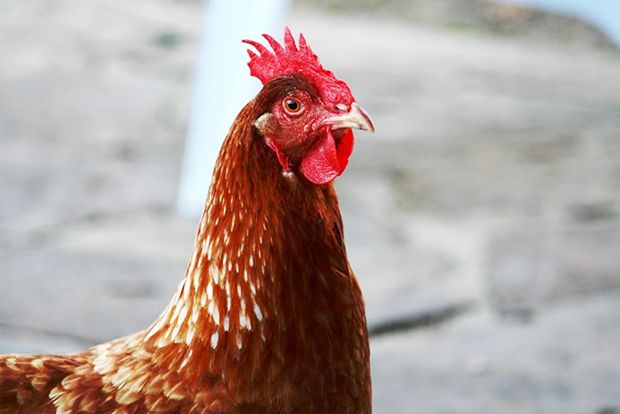True progress quietly and persistently moves along without notice” – St. Francis of Assisi
Five years ago, I worked part time teaching one sixth grade home-economics class at the end of the day.
Sixth grade is often the turning point for a lot of kids – it is the year that the adolescent insecurities begin to bloom in full force, the seeds of self-doubt about whether they are lovable, whether they are enough just as they are, begin to sprout.
This is the year when the walls go up, when a torrent of emotions flows barely under the surface, overflowing and flooding even the smallest of situations.
Biology creates a scenario in which the sixth grade girls live in a world that is completely colored by their cares, insecurities, and emotions, while the boys are all legs and arms and awkward growth spurts, completely incapable of sitting still at the end of a long day.
Between the tears, the bruises, and the roller-coaster hormones, it was a challenging year to say the least. There were many days when anyone of them could driven me to drink or tears (or both) faster than a bounced check.
It wasn’t long after teaching that home-ec class that our family decided to raise chickens in our little urban homestead. We began with three baby chicks, and watched them grow from fuzzy yellow balls of fluff to beautiful caramel colored hens. During this time, I noticed a startling amount of parallel between my hens and my sixth grade students.

By the time the chicks were preteens themselves, they were traveling in a tight pack, unsure of leaving each other’s side for fear of what they might find on their own, or what they might miss out on if they left the group for even a minute.
No matter how much room we gave them to spread out, they remained a tight clump – constantly climbing and stepping on one another in order to establish once and for all their proper pecking order. They were, not unlike their human counterparts, always talking, with only two volumes – a loud ruckus and muttering clucking.
Also, like most adolescents, they were primarily concerned with whatever was directly in front of them. They concentrated so hard on getting what they wanted from the ground below, pecking and scratching at such a furious pace, that they would stick their hind ends straight up in the air, heads almost buried in the sand.

But perhaps the starkest similarity to my former students was the chicken’s sudden distrust of me. Almost overnight it seemed as if my birds had left behind their sweet baby chick natures, prone to cuddling and following me everywhere I went, in exchange for distrust and blatant disregard.
Instead of following me, they ran the other direction. Instead of sitting still for me to hold, they pecked at my hands, obviously annoyed with my interference with their plans. But I soldiered on, not to be scared off by some pesky birds. I kept at it, returning to their coop daily, talking to them even when they appeared to be deaf, and throwing them scraps even when they ran from me.
Eventually, the chickens grew into adulthood, mellowed out, and came to love me again. They did not spend quite as much time staring at the ground, their bottoms to the sky. Instead they looked up more, noticing the world around them, forging out into their run alone. And once again, they trusted my touch.
Much like my birds, by the end of that home-ec class, my students had turned a corner. They did not run me off, and I did not alienate them; we survived each other. As the last semester drew to a close, I spied cracks in their resistance. They begin to look up from their navels to see a world that included more than just them.

I noticed the surprise twinge with happiness in their eyes when they realized that I had stuck around, had not given up on them. Those sixth graders are now tenth graders, and I am grateful that so many of them still come to see me, greet me in the hallways, give hugs at the grocery store and welcome my questions about how things are going.
These days, I am raising one adolescent, with another following quickly on his heels. The pulling away, the navel gazing, the emotional tilt-a-whirl of moving from childhood to adult has begun. A new season has begun for our family.
No longer defined by diapers, sippy cups, and sleepless nights, it is tempting to think that I can coast from here on to college admissions. But the truth is quite different. Now more than ever is the time to be engaged, to be present in their lives. Not to hover, not to be overbearing, but to be present as they travel the road of transformation from boys to young men. It is here that the words of St. Francis become part of my prayer as a mother of adolescents:
Grant that I may not so much seek to be consoled as to console; To be understood as to understand; To be loved as to love. Even when they push me away. Even when they pretend to not hear. Even when they bristle at my touch. May my love be tougher than my ego. Amen.



